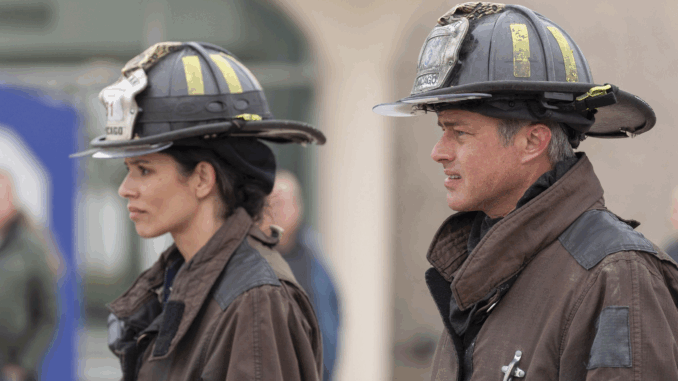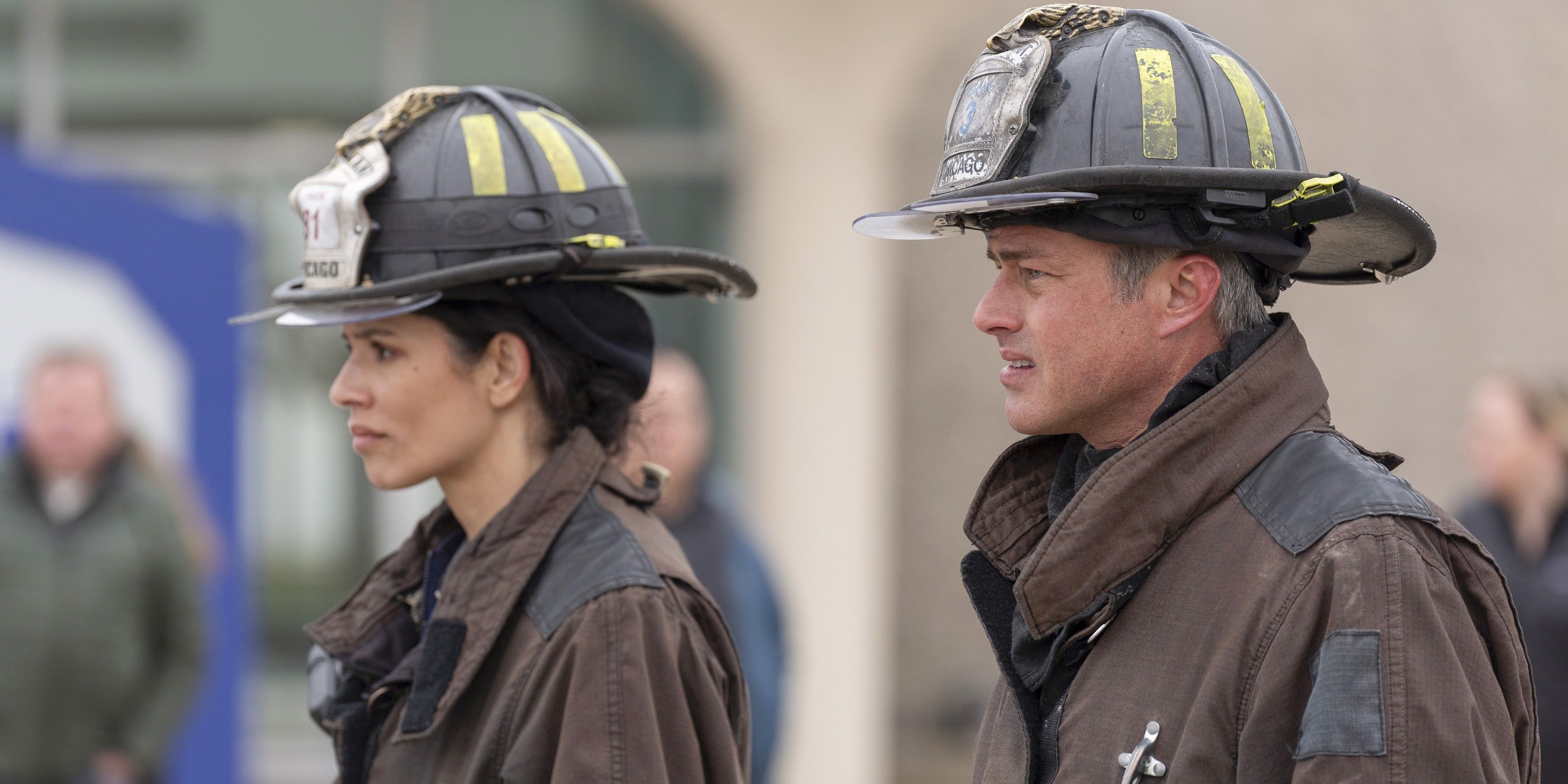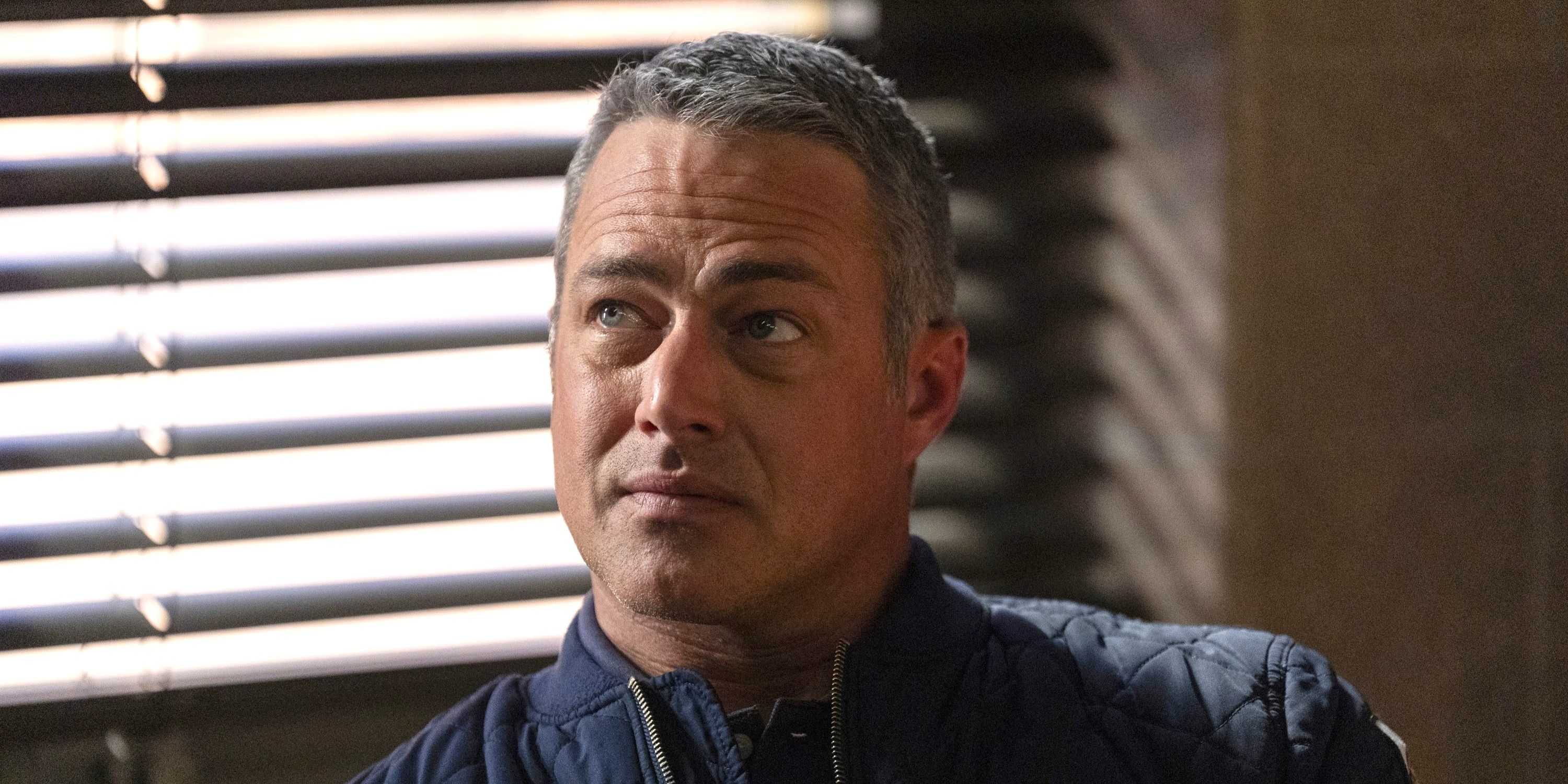
Chicago Fire Season 13, Episode 21, “The Bad Guy” is the “a-ha” episode where showrunner Andrea Newman reveals the NBC show’s plan all along. Viewers have always suspected something wasn’t right with Battalion Chief Dom Pascal, but this episode only pretends to cast him as the titular bad guy so it can pull the rug out from under the audience. Instead, this becomes a story about Firehouse 51 redeeming Pascal and fans rooting for a character they’ve sometimes hated.
“The Bad Guy” centers around a car accident that nearly kills Robert Franklin, the man responsible for Monica Pascal’s death earlier in the season. Suspicion immediately falls on Pascal, thanks to his previous behavior, but of course there’s a fourth-act twist involved. Meanwhile, Violet Mikami gets thrown one of the season’s worst subplots. What keeps this episode from being great, though, is a sense that these plot reveals could also add up to nothing in the end.
Chicago Fire Season 13, Episode 21 Recasts Pascal as the Victim
Audiences Will Root for Him More Than Ever Before
But Kelly Severide thinks differently. Any episode that features Taylor Kinney’s character using his sleuthing skills is always a treat; there could easily be a whole show about the Office of Fire Investigation. And it makes sense that Severide would have an open mind and not jump to any conclusions, even with Pascal; that’s just not who he is. That’s why “The Bad Guy” doesn’t do a great job of selling that as a surprise. Severide is the kind of person to look at all the evidence — and no one else in Firehouse 51 is really chomping at the bit to suggest that Pascal committed attempted murder, so there’s not as much tension as there could have been. But Kinney is excellent, particularly in the scene where Severide goes to confront Bishop about hiring someone to frame Pascal.
Chief Dom Pascal (to Herrmann): There’s a chance you’re taking over the big office sooner thant we expected. This house is going to need you.
Chicago Fire Gives Violet the Worst Subplot for Very Little Reason
Where Does All of This Leave Her in Season 14?
Violet Mikami (to Flynn): I can’t be with someone who doesn’t get me. Who doesn’t get what being a paramedic means to me.
None of this feels right in any way. Chicago Fire already tackled the paramedic vs. doctor topic when Annie Ilonzeh’s character Emily Foster left Firehouse 51 to go back to med school, so this isn’t new or even interesting thematic ground. Beyond that, Flynn has been established as a guy who’s always been very honest, so it’s very weird that he wouldn’t tell Violet what the meeting was about — let alone think he knew better about her career path than her. The whole fight comes off like a quickie reason to break them up, which is proven when Violet suddenly declares that she’s in love with somebody else… a clear reference to Sam Carver. That sentence, while expected by all the Violet and Carver shippers, feels like it’s tacked on randomly to remind audiences that Violet and Carver is still an option.
Obviously, this is a case of off-screen business spoiling on-screen story, but one can’t deny how much it impacts the viewing experience and Violet’s character moving forward. What happens to Violet here feels like what happened to Derrick Gibson previously — a character point that’s rushed through just to get things wrapped up. And Violet. who’s truly come into her own since initially being introduced as a foil for Blake Gallo, deserves better.
Chicago Fire Season 13, Episode 21 Proves Taylor Kinney Can’t Be Replaced
The Stakes Feel Lower Than Many Previous Finales, Except for Severide
“The Bad Guy” clearly sets up its dilemma for the Chicago Fire Season 12 finale — will Severide be able to save Pascal, and by extension himself, since he’s putting his career on the line to defend his chief? But it also has something of a first-world problem: by Chicago Fire‘s high standards, that doesn’t feel like a huge dilemma. Fans are used to the years of co-creator Derek Haas coming up with epic finales that were huge events, often putting someone’s life at risk (usually Severide, sometimes Matthew Casey). Compared to the number of times somebody has been trapped in a burning building, whether or not the chief gets off the hook is almost quiet.
If anything, “The Bad Guy” just teaches viewers two things: they (understandably) misjudged Pascal this whole time, and how Taylor Kinney is really the linchpin of this entire series. Kinney — who per another Deadline report is due to re-negotiate his contract after this season — is the engine that drives Chicago Fire Season 12, Episode 21, and that’s not the first episode he’s carried. Severide’s quest for justice is what viewers will be truly invested in, regardless of whether he’s right or wrong. He’s “the good guy” in this whole equation, and this show needs him.


